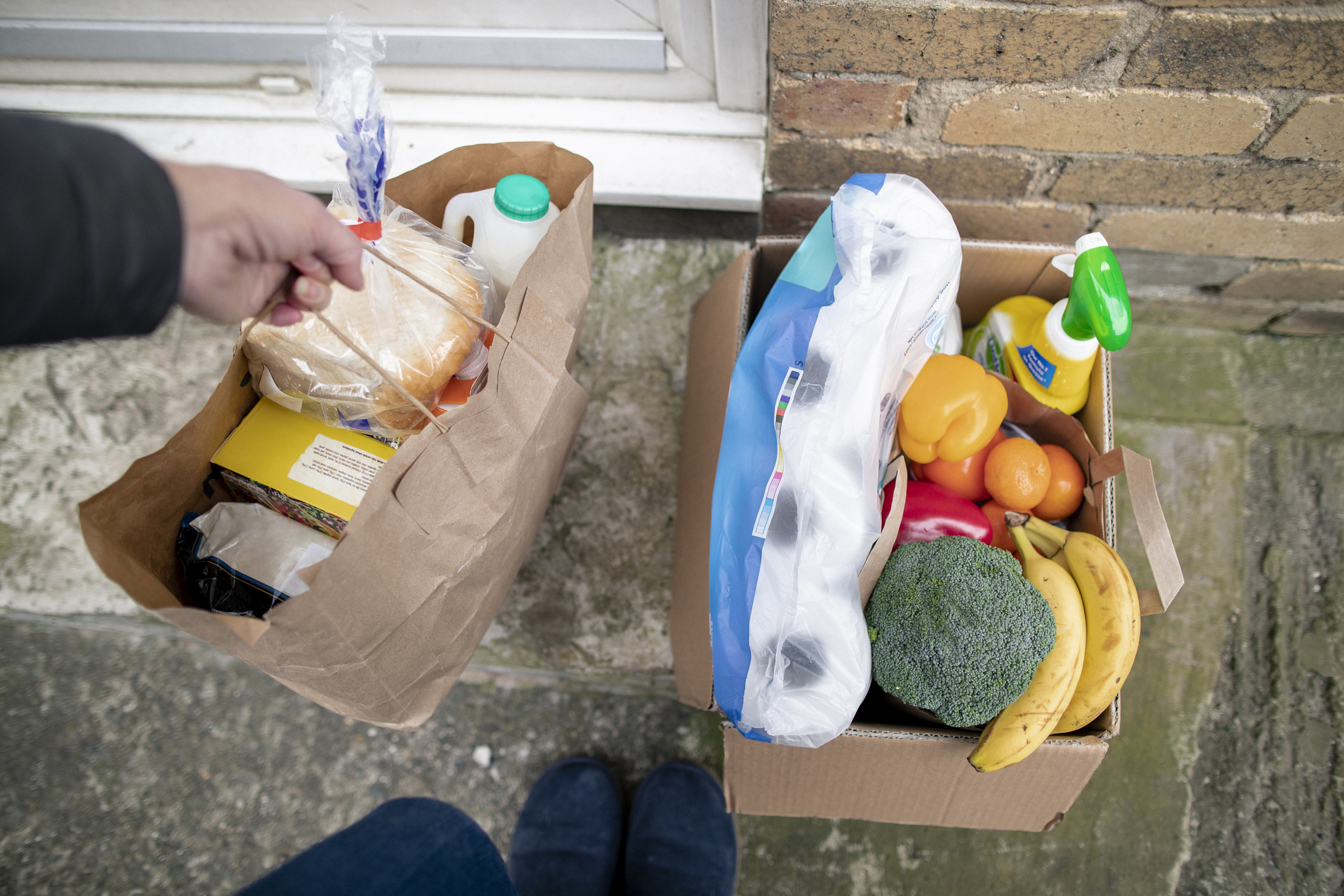Kindness is choosing to do something that helps others or yourself, motivated by genuine warm feelings. From giving up your seat on a bus to someone who may need it, or offering to make a coffee to your relative at home, studies show that helping others can also benefit our own mental health and wellbeing. People who are kind and compassionate experience less levels of stress and are, in general, happier.
One thing we’ve seen all over the world during the last months is that kindness flourish when things get tough. Amid the fear, there’s community, support and hope. The added benefit is that these acts of kindness can also benefit our mental health.
Among the main benefits of practising kindness, we can find the following:
Reduces pain and stress
Being kind releases endorphins in your brain, which are a natural painkiller.
Improves mood, depression and anxiety
It stimulates the production of serotonin which heals wounds, calms and increases happiness.
Improves your blood pressure
Positive acts of kindness help release oxytocin and nitric oxide that dilates blood vessel, reducing blood pressure.
You feel happier
High levels of dopamine in the brain, or what is known as 'the helpers high', increase pleasure and happiness.
Self-esteem boost
Kindness can make us feel good about ourselves which will ultimately have a positive impact on our self-worth.
Strengthens relationships
Kindness is an antidote to isolation and creates a sense of belonging.
Part of being kind is considering the feelings of others, so your kindness must be something that others find helpful. Helping others is thought to be one of the ways people create and strengthen their social relationships. From volunteering to mentoring, there are plenty of opportunities to give back to your community right where you are, but being kind can be simpler than that.
So, how can you practice kindness now? These are five easy random things you can do today to start being kind to others and yourself:
- Find out if a neighbour needs help.
Think about those around you that may need some extra help to cope. Maybe your elderly neighbour would appreciate a visit through the window or needs a helping hand with grocery shopping.
- Tell your family how much you love them and appreciate them.
We always assume they know this part, right? Saying it out loud is a little act of kidness that can benefit you both.
- Catch-up with someone who is going through a tough time.
If you know someone who is struggling right now, a little talk could help. Relieving all those feelings and having the chance to share them with someone could make that someone feel better.
- Offer support to colleagues with new software they may not be familiar with.
An easy one. We all excel or know how to use a tool more efficiently than others at work. Why not to acknowlodge this and help those having difficulties to become more proficient too?
- Praise a friend, colleague or relative for something they have done well.
Go on and tell them! This will not only improve their self-esteem but yours.
Kindness has the potential to make the world a happier place and the good news is that it is contagious! If you give, someone will be encouraged to repeat the good deed that they’ve experienced contributing to a more positive and optimistic community.
Also remember that the more you do for others, the more you do for yourself. The benefits of helping others can last long after the act itself for both you and them.


